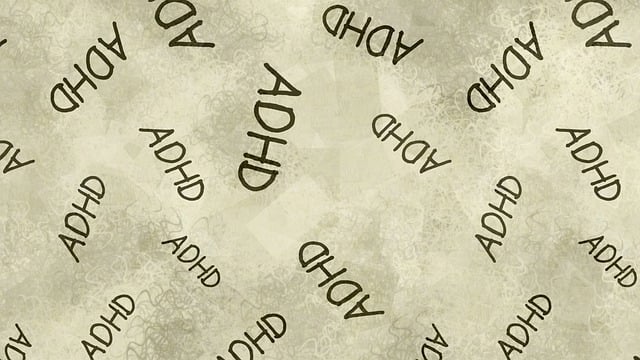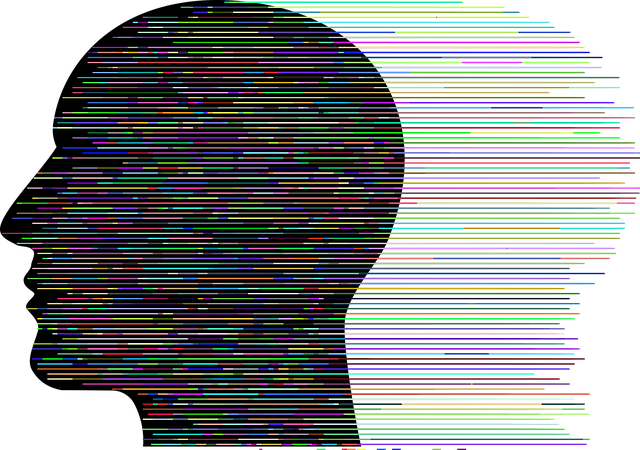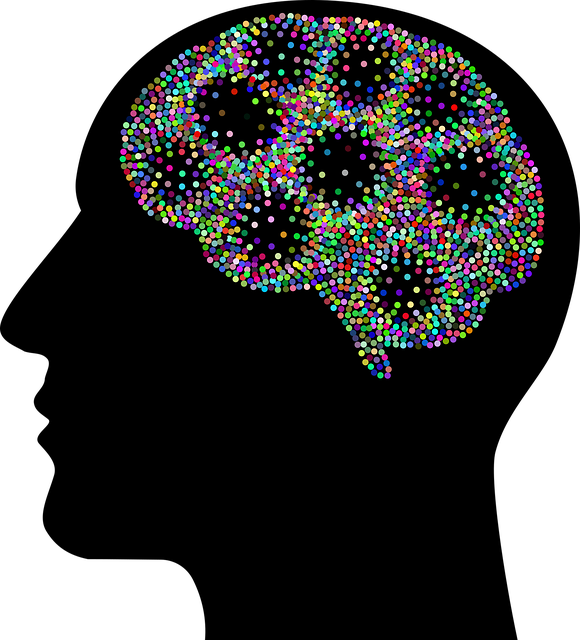Aurora OCD therapy emphasizes comprehensive risk assessment to identify triggers and develop personalized interventions focusing on anxiety relief and emotional intelligence. Harm minimization strategies, structured protocols, public awareness, and depression prevention are key components for effective, safe care. Individualized planning incorporates evidence-based practices like CBT and exposure therapy, tailored to lifestyle, culture, and support systems. Ethical standards, transparency, respect, informed consent, and ongoing research are vital, along with techniques like Inner Strength Development to enhance resilience and coping mechanisms for improved well-being.
Risk assessment and harm minimization are critical components of effective Aurora obsessive-compulsive disorder (OCD) therapy. This comprehensive guide delves into essential aspects of understanding risk factors within OCD therapy, identifying potential triggers, and implementing practical harm minimization strategies. We explore individualized planning, tailoring interventions to unique patient needs, while emphasizing ethical considerations and continuous evaluation for optimal well-being throughout treatment.
- Understanding Risk Assessment in OCD Therapy: Identifying Potential Triggers
- Harm Minimization Strategies: Practical Approaches for Safe Practice
- Individualized Planning: Tailoring Interventions to Unique Patient Needs
- Ethical Considerations and Continuous Evaluation: Ensuring Well-Being Throughout Treatment
Understanding Risk Assessment in OCD Therapy: Identifying Potential Triggers

Understanding Risk Assessment is a cornerstone of Aurora Obsessive Compulsive Disorder (OCD) Therapy. It involves meticulously examining various aspects of a client’s life to identify triggers that could exacerbate their symptoms. These triggers can range from specific environmental cues, certain thought patterns, or routine-related elements that may inadvertently reinforce obsessive behaviors. By identifying these potential catalysts, therapists can tailor interventions aimed at anxiety relief and emotional intelligence development.
This process is crucial for planning harm minimization strategies, ensuring clients receive the support needed to improve self-esteem and overall well-being. Therapists work collaboratively with individuals to navigate through challenges, offering tools and techniques that foster resilience and coping mechanisms. This proactive approach allows for a more effective and personalized journey towards managing OCD symptoms, ultimately enhancing the client’s quality of life.
Harm Minimization Strategies: Practical Approaches for Safe Practice

Harm Minimization Strategies play a pivotal role in ensuring safe and effective practices within mental health care, particularly when addressing conditions like Aurora Obsessive Compulsive Disorder (OCD) Therapy. These strategies are designed to proactively identify and mitigate risks associated with treatment, fostering an environment that promotes recovery while minimizing potential harm. One practical approach involves the implementation of structured risk assessment protocols tailored to each client’s unique presentation of OCD symptoms. This includes evaluating the severity of obsessions and compulsions, as well as any co-morbid conditions that may complicate treatment.
Additionally, Public Awareness Campaigns Development can significantly contribute to harm minimization by enhancing public understanding of mental health issues, including OCD. Educating the public about early intervention strategies and available support services empowers individuals to seek help promptly, potentially preventing the escalation of symptoms. Moreover, integrating Depression Prevention measures into harm minimization planning is crucial, as OCD often co-occurs with depression, necessitating a comprehensive approach that addresses both conditions to ensure optimal client outcomes.
Individualized Planning: Tailoring Interventions to Unique Patient Needs

In the context of Aurora Obsessive Compulsive Disorder (OCD) therapy, individualized planning plays a pivotal role in effective treatment. Every patient’s OCD is unique, shaped by their personal experiences and manifestations. Therefore, interventions must be tailored to address specific symptoms and underlying causes. Therapists employing evidence-based approaches like Cognitive Behavioral Therapy (CBT) incorporate techniques such as exposure and response prevention (ERP), cognitive restructuring, and self-awareness exercises to help patients manage anxiety relief and minimize compulsive behaviors. By personalizing treatment, therapists empower individuals to develop coping strategies that foster positive thinking and enhance their overall well-being.
Individualized planning goes beyond prescribing universal treatments. It involves assessing the patient’s lifestyle, cultural background, and support systems to integrate evidence-based practices seamlessly into their daily lives. This individualized approach ensures that interventions are not only effective but also sustainable in the long term, promoting better outcomes for those navigating the complexities of OCD.
Ethical Considerations and Continuous Evaluation: Ensuring Well-Being Throughout Treatment

In the realm of Aurora Obsessive Compulsive Disorder (OCD) therapy, ethical considerations and continuous evaluation are paramount to ensure the well-being of individuals throughout their treatment journey. As professional therapists, fostering an environment that prioritizes transparency, respect, and informed consent is crucial. This involves open communication about treatment methods, potential risks, and benefits, empowering clients to make informed decisions regarding their mental health.
Mental Health Awareness plays a pivotal role in this process. Therapists must stay updated with the latest research and evidence-based practices to deliver effective interventions. Moreover, regular evaluations enable them to monitor progress, adjust strategies, and incorporate innovative communication techniques like those focused on Inner Strength Development. These approaches not only support clients in managing OCD symptoms but also enhance their overall resilience and coping mechanisms.
Aurora Obsessive Compulsive Disorder (OCD) therapy emphasizes a comprehensive approach to risk assessment and harm minimization, ensuring patient safety and well-being. By identifying potential triggers, implementing practical harm minimization strategies, and tailoring interventions to individual needs, therapists can create personalized plans that effectively manage OCD symptoms. Continuous ethical evaluation is crucial, allowing for adjustments and fostering a supportive environment throughout the treatment journey. This tailored approach enhances outcomes, demonstrating the importance of a nuanced understanding of risk in Aurora OCD therapy.














